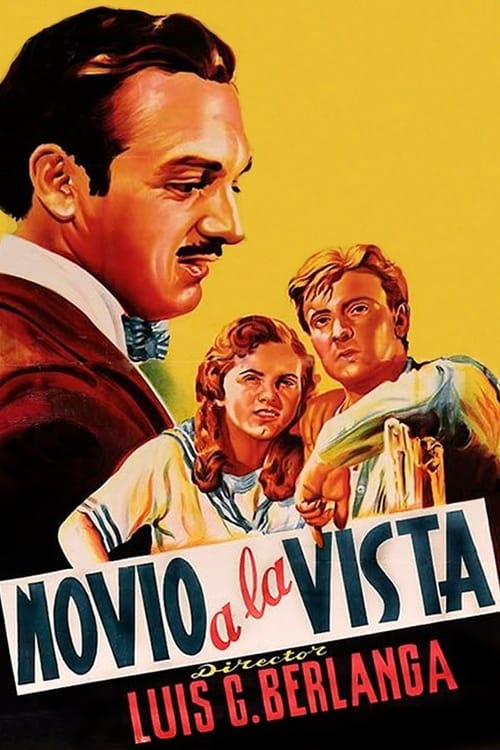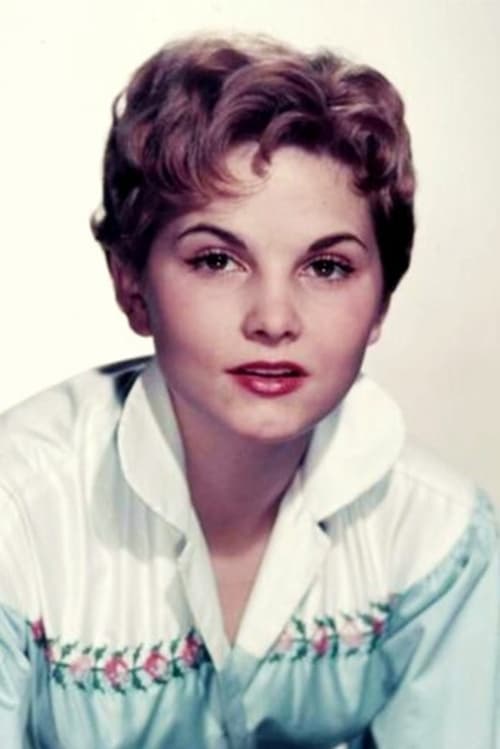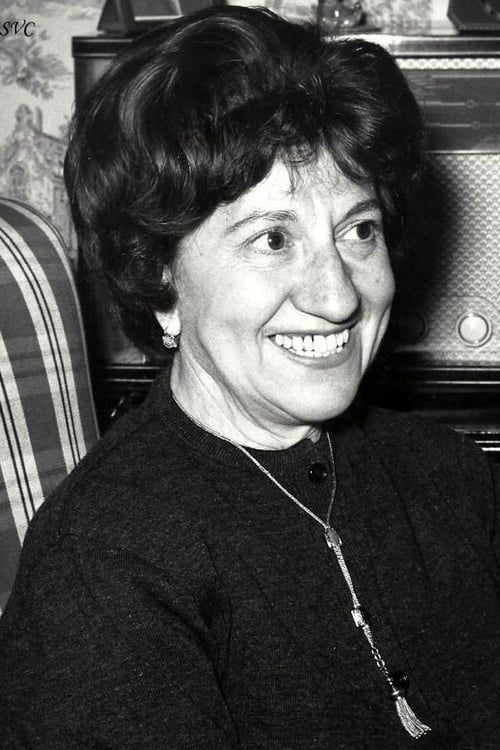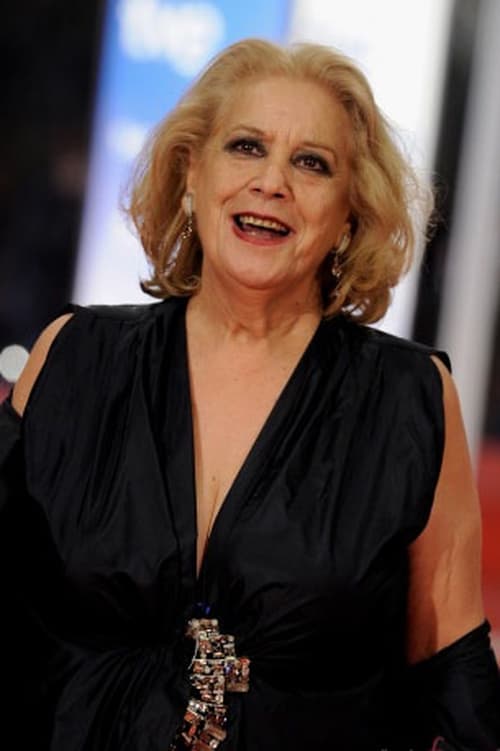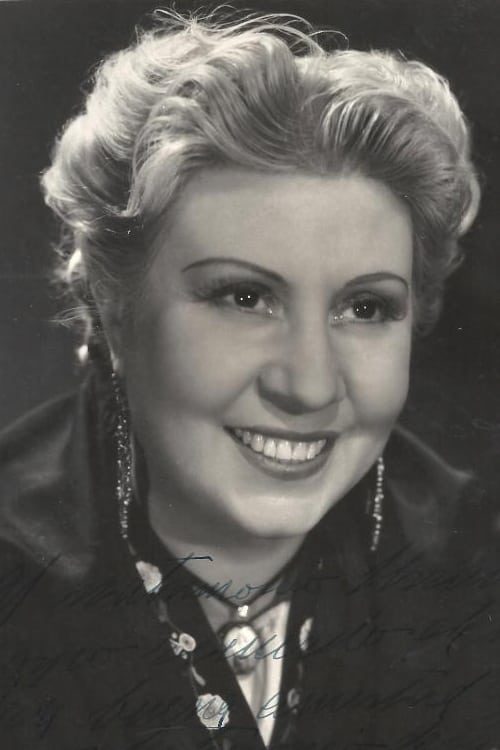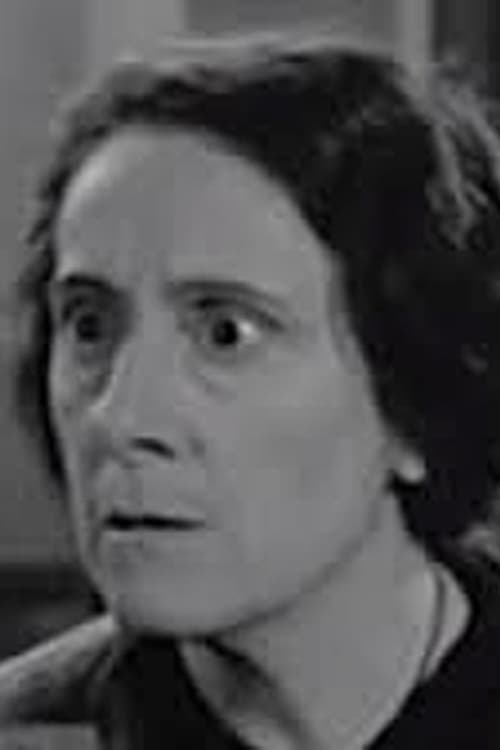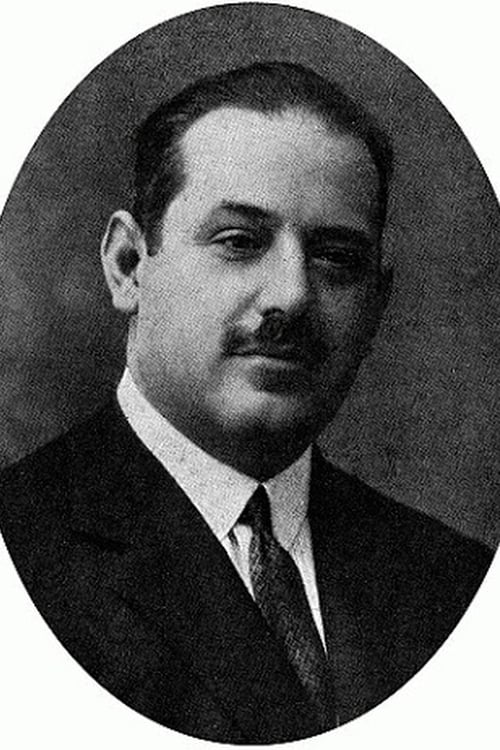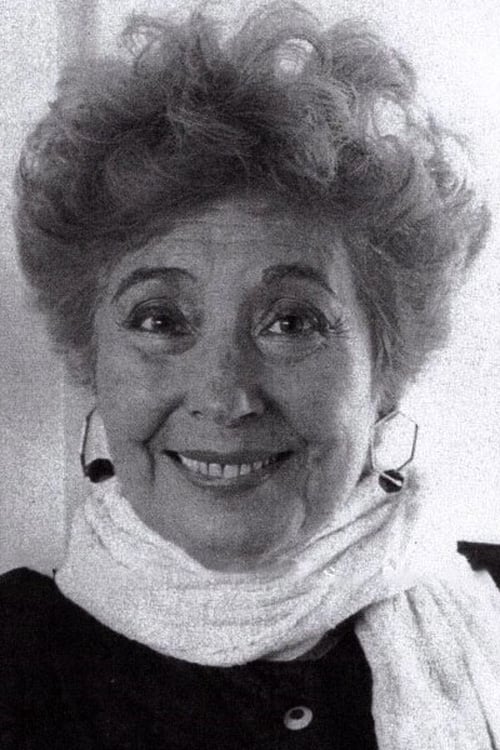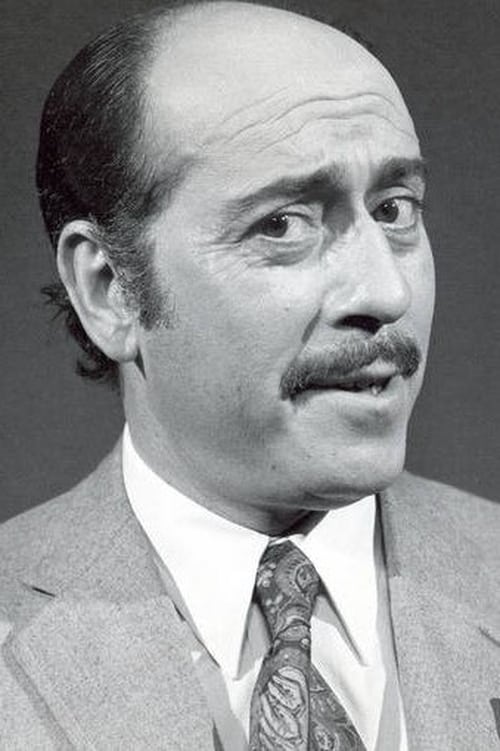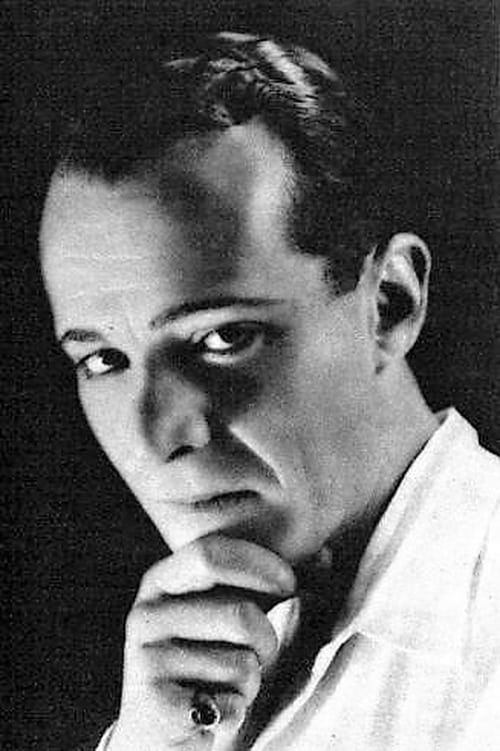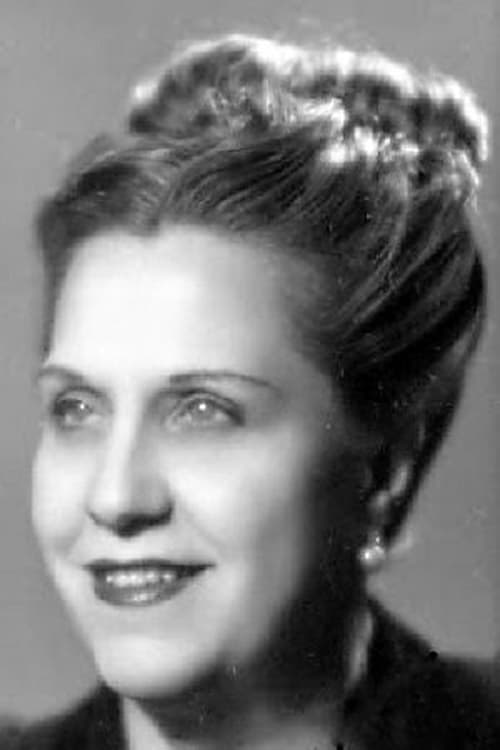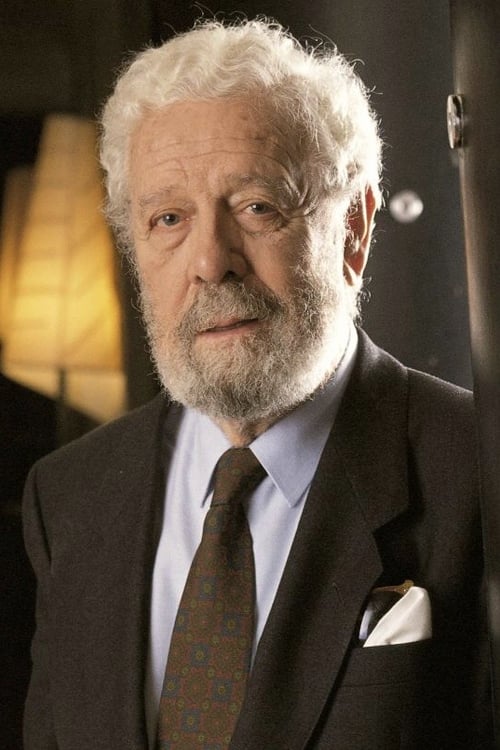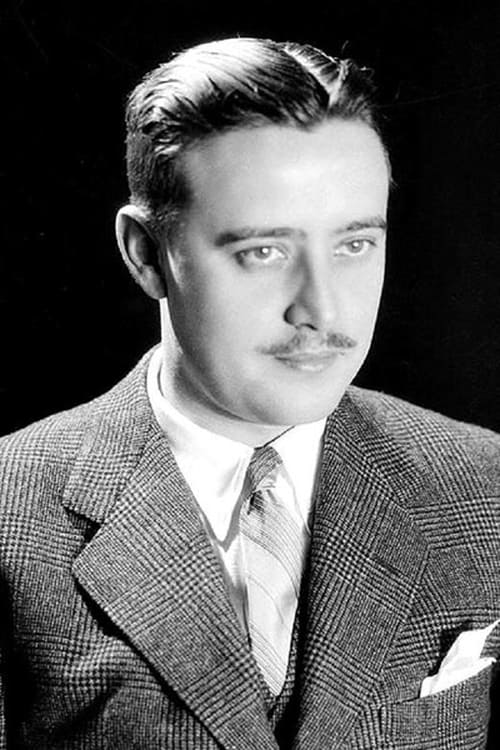Boyfriend in Sight (1954)
장르 : 코미디, 로맨스
상영시간 : 1시간 23분
연출 : Luis García Berlanga
각본 : Edgar Neville, José Luis Colina, Juan Antonio Bardem, Luis García Berlanga
시놉시스
In 1914, a young woman is taken to a coastal resort by her parents to find her a suitable husband.
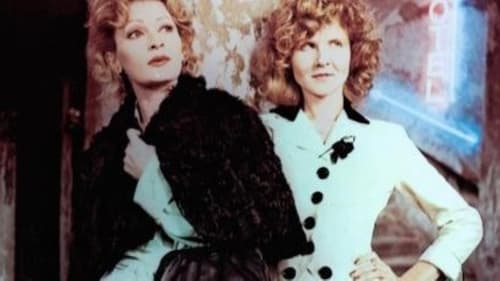
Beautiful, detached, laconic, consumptive Lily Brest is a streetwalker with few clients. She loves her idle boyfriend Raoul who gambles away what little she earns. The town's power broker, called the rich Jew, discovers she is a good listener, so she's soon busy. Raoul imagines grotesque sex scenes between Lily and the Jew; he leaves her for a man. Her parents, a bitter Fascist who is a cabaret singer in drag and her wheelchair-bound mother, offer no refuge. Even though all have a philosophical bent, the other whores reject Lily because she tolerates everyone, including men. She tires of her lonely life and looks for a way out. Even that act serves the local corrupt powers.

A boy grows a seed into a flower while the world around him marches on.

A civil war soldier is lost in the woods when he shoots what he thinks is his enemy.

Ana Ruiz, a young actress who works in a traveling theater company, plays only minor roles, but she hopes to succeed and prefers the success to the love of Michael. When the company decides to release "Heaven is not far," Ana hopes to be the young protagonist, however, the paper turns to fall on the veteran Carmen. The businessman Charles Marquez offers Ana to be the star in the new play if she becomes his lover

Satire on 19th-century class relations and thinly veiled commentary on the failure of the 1968 political revolution.

It's the little things that really hurt.

The life of a young girl who plays with little animals and insects is suddenly changed with the arrival of a film crew and a strange man.
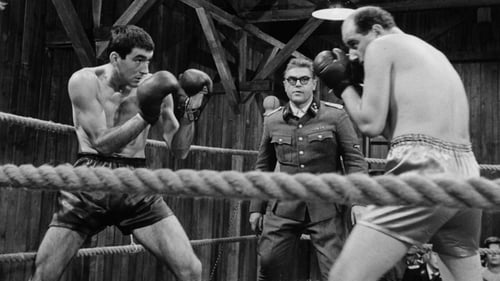
Concentration camp commander Kraft finds out that prisoner Kominek is a former professional boxer. Overnight, the prisoner is made Kraft's exercise partner and unwillingly rises to a privileged position at the camp. His anger over the death of his friend and co-prisoner leads to open revolt. The film brings a new view of human degradation during fascism by a tragic story of one man whose only chance for survival is to accept the rules of an unequal game.

Every Day Except Christmas is a 37-minute documentary film filmed in 1957 at the Covent Garden fruit, vegetable and flower market, then located in the Covent Garden area of East central London. It was directed by Lindsay Anderson and produced by Karel Reisz and Leon Clore under the sponsorship of Ford of Britain, the first of the company's "Look At Britain" series.

1941년 프라하가 배경이다. 도시는 독일에 의해 점령당했고, 유대인 의사 브라운은 이웃 사람들에 의해 기피의 대상이 된다. 파시즘이 창궐하던 프라하를 배경으로 유대인들의 운명과 게슈타포의 습격 등 카프카적인 억압의 세계를 역사 드라마로 변형한 작품. (2013년 제14회 전주국제영화제)

The first part of this documentary deals with the Portuguese neurologist António Egas Moniz, Nobel Prize for Medicine in 1949, one of the first surgeons to apply the technique called lobotomy for the treatment of schizophrenia. The second part deals with the everyday life of people with schizophrenia today: behavior and relationships, and treatment for the disease.

In this French drama, a teenager falls into a life of crime, little realizing the consequences. S. is a moody young man who loses his job at a bakery, and decides to throw in his lot with a group of thieves about the same age as himself. S. and his cronies are strictly small-timers, pulling off second-rate break-ins for an older crime boss, but his willingness to do what he's told helps him rise up the ladder to bigger and more lucrative jobs. However, S. lacks the maturity or experience to deal with the risks, and after a few disastrous mistakes, he finds his fortunes sinking far faster than they rose.
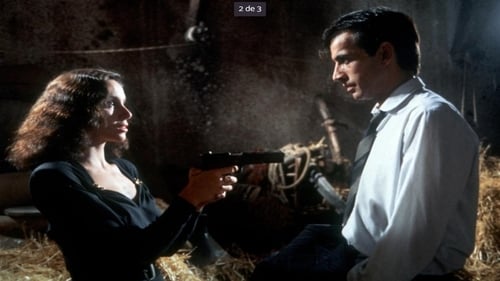
Juan is the handsome, irresponsible, best-loved second son. When his older brother, who runs the family's black-market business with their steel-willed mother, marries Juan's lover Ana, Juan heads for Madrid to work for Franco. Juan also leaves behind his impoverished cousin, Ángela, pregnant with his son. Jump ten years. Juanito, the lad, has rheumatic fever. The doctor says to pamper the boy. Ángela, Ana, and his grandmother comply. As Juanito recovers, his father returns in desperate need of cash; Juanito witnesses a theft blamed on his innocent mother. Things come to a head at a saint's-name party for father and son. Jealousies, betrayals, and a bullet converge.
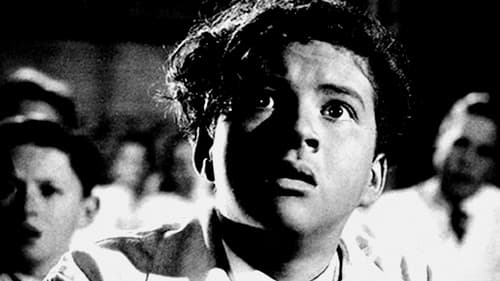
While committing a prank, a child accidentally discovers the identity of the criminal who keeps the whole neighborhood on alert. For fear of being punished, he does not tell what he knows to his father, a police officer.

Colometa is an average housewife with two children to care for in the late 1930's, as the Spanish Civil War is starting and her husband goes off to fight. She had been an ordinary woman working in a shop when she met the lively carpenter who married her, and their life together was without major problems. But now she is forced to raise her children under straitened circumstances, and after her husband dies, her life undergoes another major change as she marries for the second time. Underneath Colometa's acquiescent, forebearing exterior must lie just a few discontents, a few unrealized dreams - but they never surface as she blithely moves from one episode in her life to another.

When Michel gets the life-sized sex doll he ordered, shipped directly from Japan, he is only intrigued by it at first. Then the silent unresponsiveness of the thing begins to haunt him, and he finds himself reacting to it as if it were an equally unresponsive living woman. As time passes, more and more of his life is spent trying to satisfy or placate its relentless silence, and he goes somewhat mad. He dresses the doll and takes it with him wherever he goes. When his usually very tolerant wife discovers what is going on, her jealousy knows no bounds and she attempts to imitate this threatening love-object. The light-hearted quality of this addle-pated fantasy darkens quickly when various neighborhood men attempt to put the doll to its originally intended use.
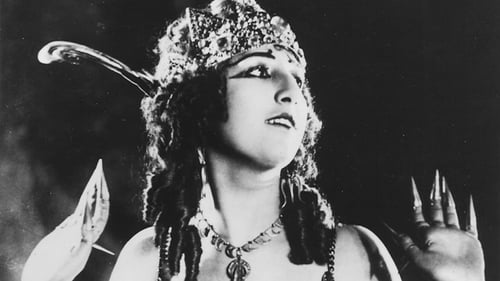
The devil takes Maciste down to hell in an attempt to corrupt and ruin his morality.

Director José Luis Garci has turned his camera inward on filmmakers and screenwriters to portray them as so self-absorbed in the creative process that there is no other world, no other human relationship that can compete. As José (Adolfo Marsillach) and Federico (Jesus Puente) work together on a new screenplay, their interactions with their family (José's teen daughters, Federico's wife) disappear under the all-consuming task of creation. The daughters give up and go off on their own, and the wife joins a convent while Federico barely notices. And when the producer is interrupted by profound grief at the sudden death of his older son, he almost automatically returns to thinking about the film project when the funeral has ended. Garci honors many great directors at the beginning of this film, and the film continues to play out as an elaboration on this homage -- an illustration both of the dedication and the cost of filmmaking, no judgments given.

A short animated film by Jerzy Kucia.

The Morning Sun Shines is a fiction-documentary film by Kenji Mizoguchi and Seiichi Ina. The film is a combination of a drama about a reporter, and documentary footage about newspaper production. Only 25 minutes of footage has survived.
